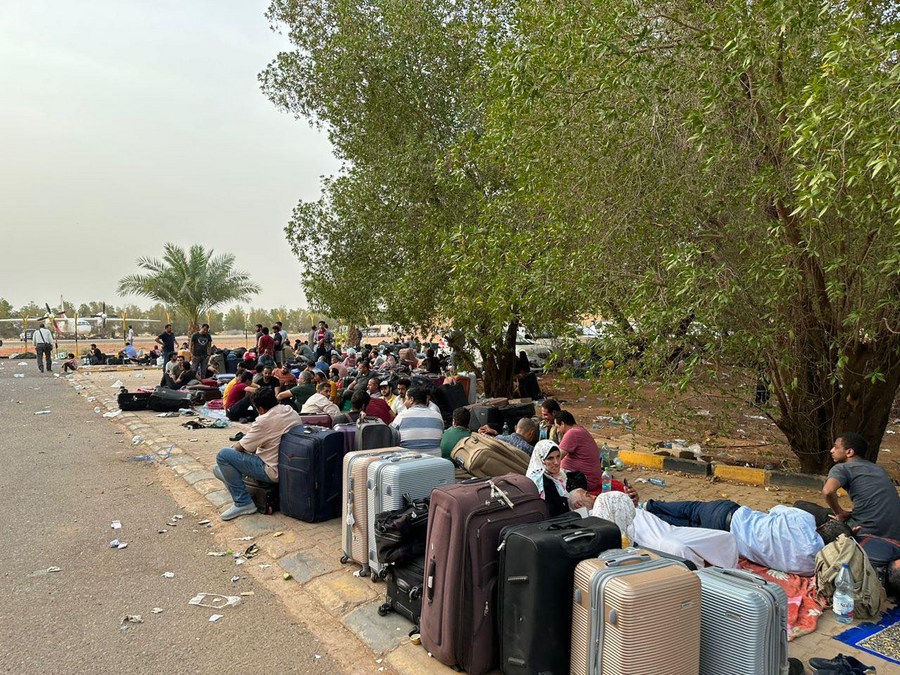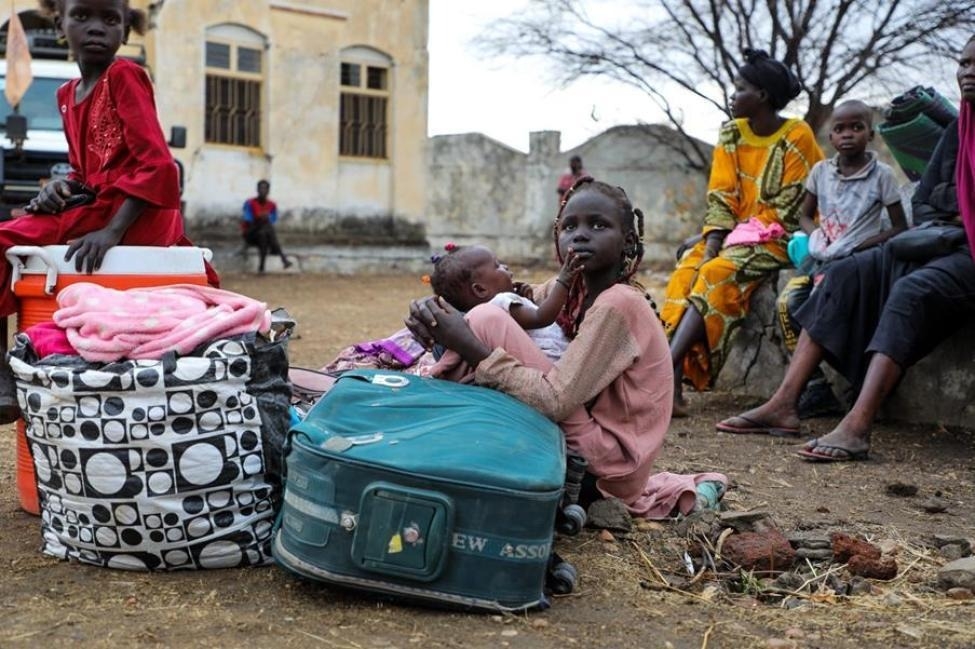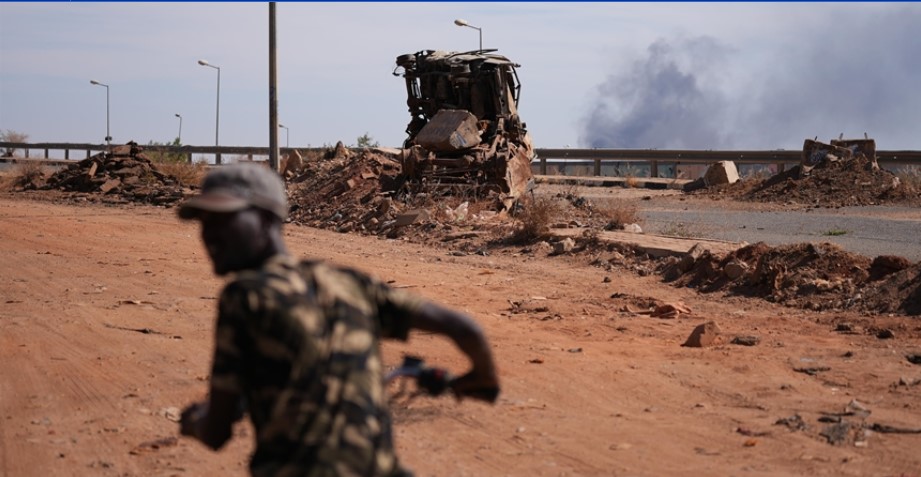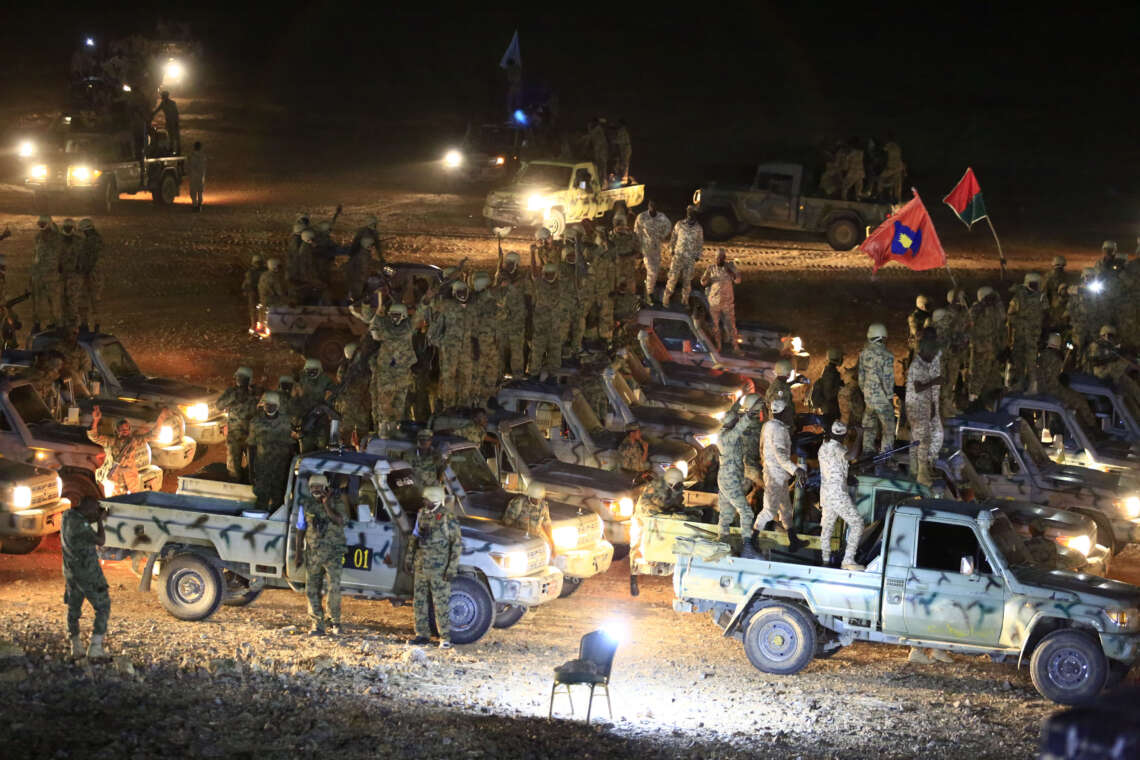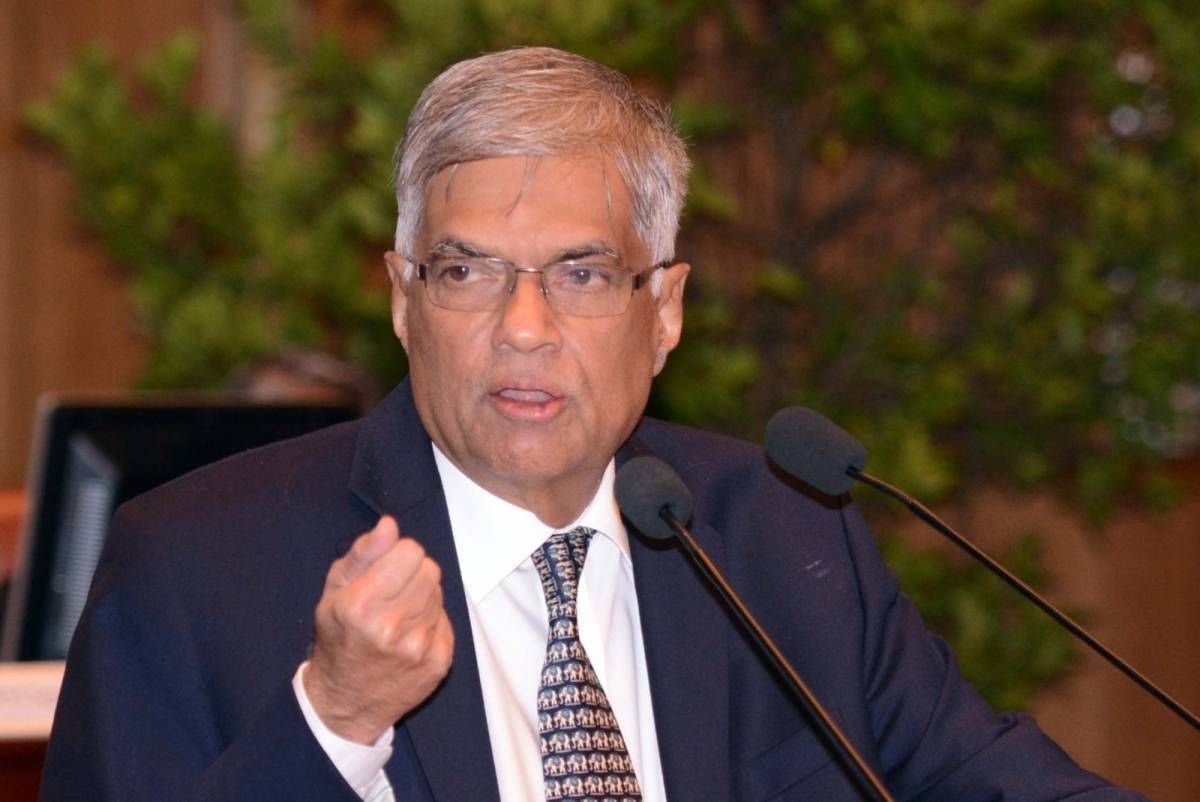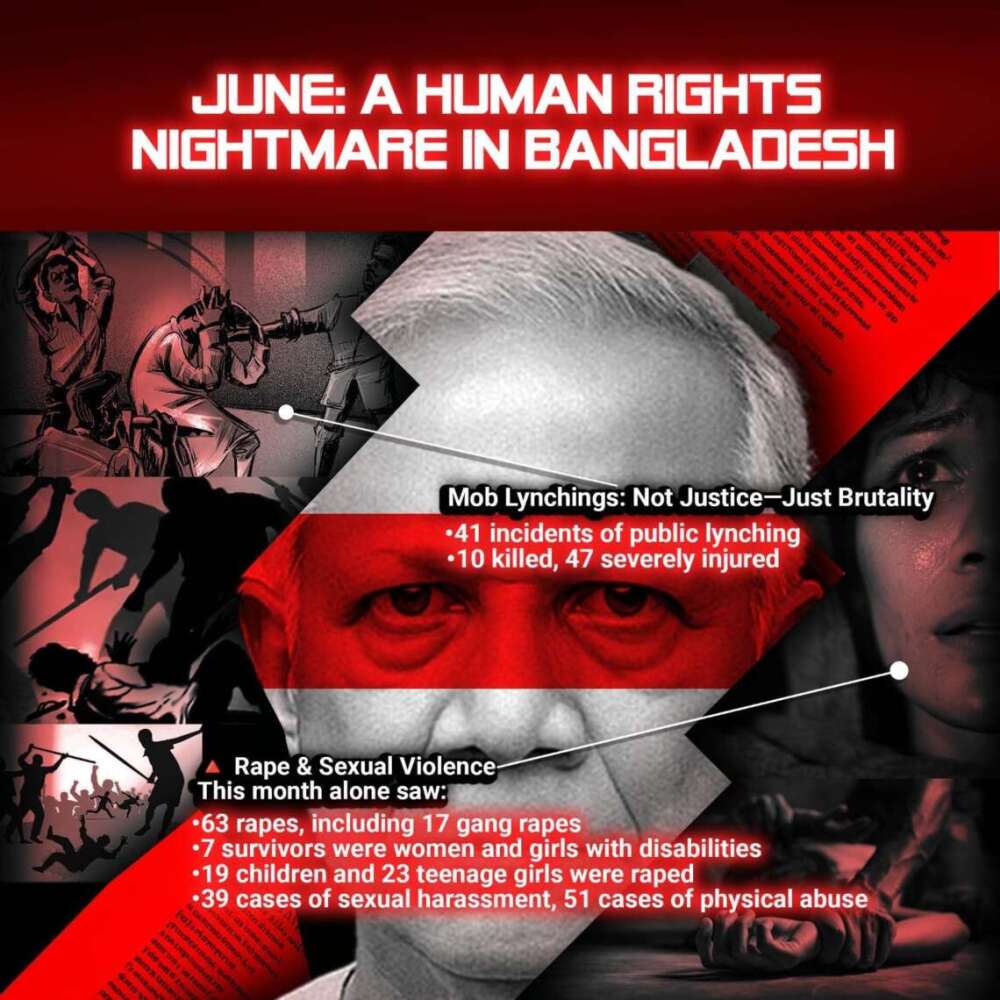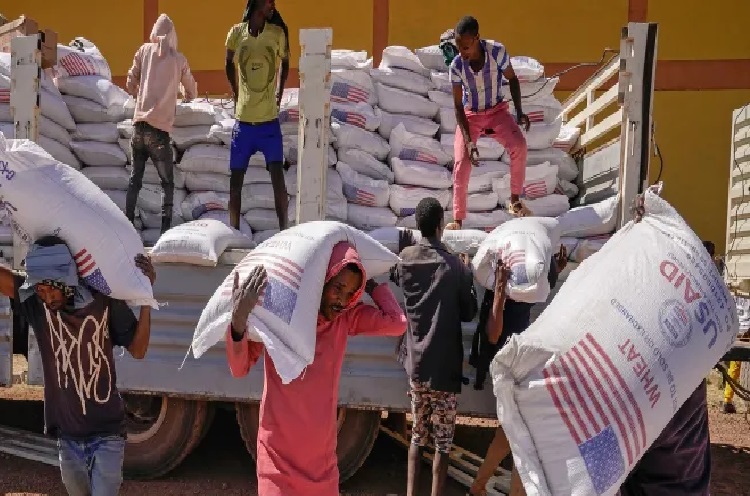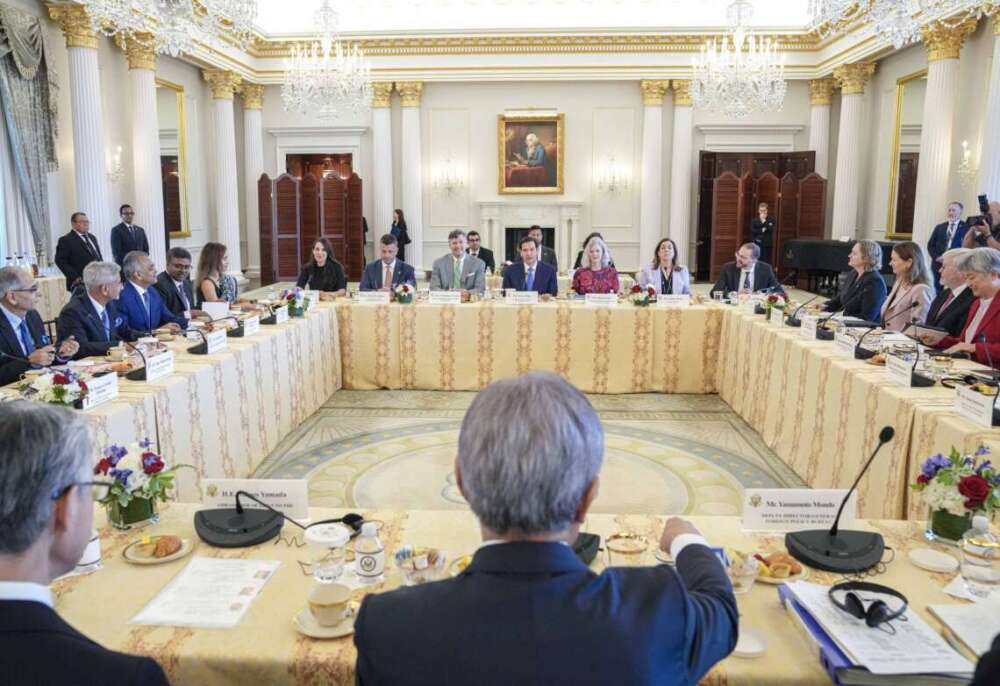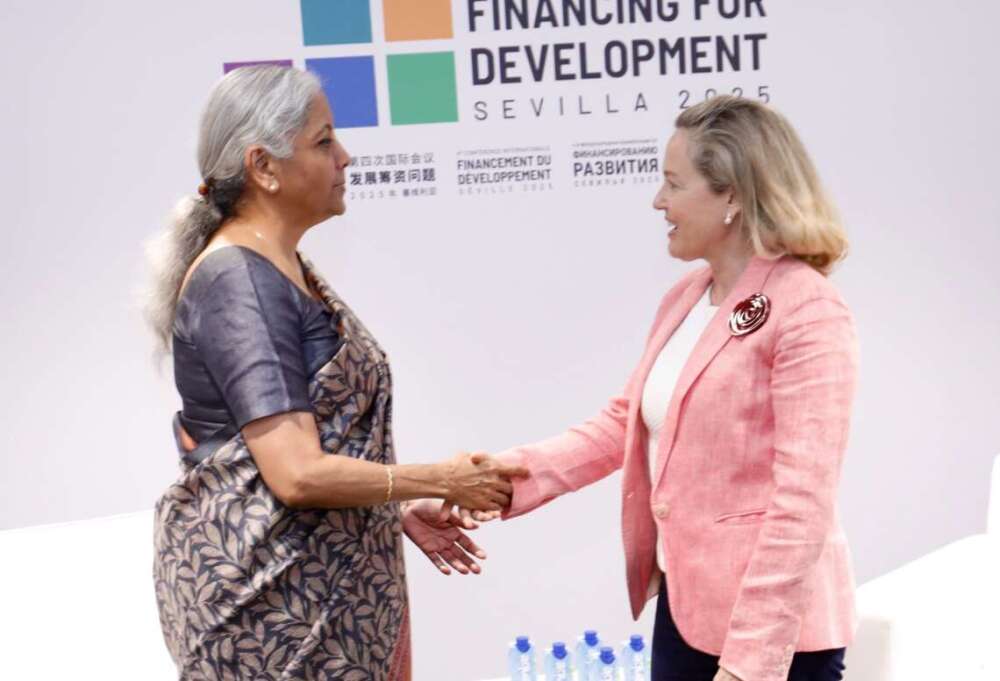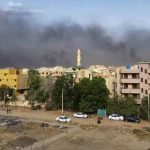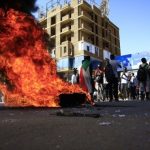The competing power elites have long made money, and expect to make more with the prolonging of the conflict, writes Prof. Madhav Das Nalapat

In days past, colonialism paraded in plain sight. Even then, elites were groomed to take on the responsibilities that those belonging to the colonising country did not want to themselves do. The flag of the colonising country and the emblems of its authority were everywhere, reminding local populations which country it was that they had been colonised by.
While textbooks in those parts of the world that were the most proficient in capturing other countries and ruling them talk of how civilisation and other attributes considered desirable were brought over to the countries that were colonised, the reality was that it was the hunger, the greed, for securing control of human and other resources that was behind the colonial project.
Elites that were favoured (or in many situations expressly created) to act as the accomplices of the colonisers saw to it that the country that ruled over them was able to transfer resources of multiple kinds from the colonised to the colonising country. Even as the countries that were conquered saw their populations descend into hellish conditions, the conquerors witnessed a renaissance of the arts and the clambering up from poverty to relative prosperity of several citizens.
he colonies provided a destination to which young people could go and build their careers. Large fortunes were made in inverse proportion to the suffering of those enslaved in that process. As for the elites whose task it was to facilitate such exploitation, their riches grew as well, but not to a level that could pose a challenge to enterprises in the colonising power. The riches came out of serving as middlemen funnelling in human and other resources for the benefit of the conquering power.
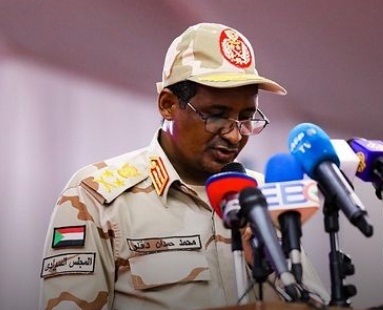
All that was of course in the big, bad past. Fast forward to the present, only to discover that “the more things change, the more they remain the same”. There are parts of the world where populations have been kept away from quality education and occupation, where the bulk of the population is on the borders of subsistence and focused obsessively only on survival, Interestingly, these are often the very parts that have plentiful mineral and other natural resources, the benefit of which remains either unexploited or unavailable to the vast majority of the local citizenry.
Keeping hopes alive in Ukraine that the central government may be able to get back the territory that was lost to it in 2014 and afterwards will not result in such an outcome, although it does have the consequence of the country being enmeshed in a war that appears to be unwinnable unless one of two miracles takes place.
Either NATO enters the war directly on the side of the Kiev regime, or the Russian Federation falls apart and its soldiers flee the territory of Ukraine in the manner that Soviet troops fled Afghanistan in 1988 or US forces abandoned their weapons and positions in 2021. This was done by President Biden for much the same reason that his predecessor had consented to a surrender agreement at Doha the previous year, which was to ensure his re-election.
The complete US pullout from Afghanistan was the first indication that Joe Biden had made up his mind to be a two-term President, defying age and other issues. In the case of Afghanistan, it was the Afghan people, especially moderates and women, who have suffered as a consequence of the Trump-Biden pullout. In Ukraine, citizens in the US are themselves feeling the aftershocks of the turbocharging of the war against Russia by Biden.
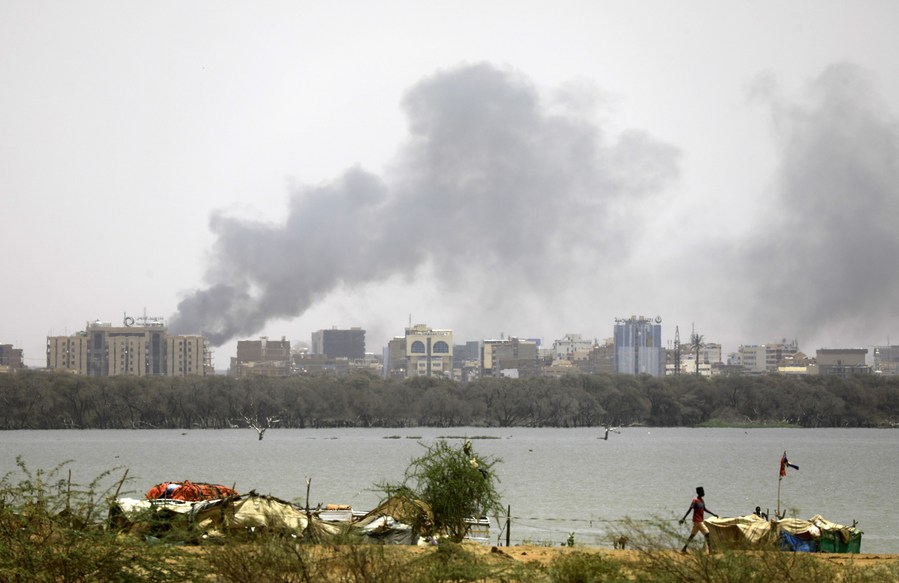
The US President joined his European counterparts in misreading the effects of their flooding of weapons into Ukraine and imposing sanctions that have caused much of the non-Atlanticist world to re-examine their traditional policy of seeing the US dollar as a safe asset to buy and keep. The US dollar, the euro, the British pound and the Swiss franc are safe only as long as the governments controlling these currencies act sensibly.
Confiscatory sanctions and the disappearance of the treasure troves of Saddam Hussein, Muammar Gaddafi and many other targets of western kinetic action have convinced many outside the West that trusting in these countries or their currencies is the mark of a fool. It is akin to the trust of Saddam Hussein and Gaddafi in the promises of the US and its European allies that they would be safe from retaliation once they handed over their WMD, when in fact, it was that very decision which later cost them their lives, as it almost did that of Bashar Assad, once he let go of his small stockpile of chemical weapons.
As trust gets lost in western currencies, the desire to hold gold becomes more pronounced. And it is because parts of Sudan are awash in gold deposits and other minerals that Russia (with China operating behind Moscow’s shadow) is backing the Rapid Action Force in Sudan against the regular army. Russia and China do not want that gold to go to countries that may be at war with the duo in a few years’ time, and are making sure that the more West-friendly Sudanese military government is on the receiving end of the attacks of the other side.
As in Ukraine, as in so many other countries that are being torn apart by more powerful geopolitical rivals assisting rival sides, the natural riches of Sudan are what is causing an intensification of the ongoing contest between two generals (each in a different geopolitical camp) to gain control of the entire country.
As in the other countries ravaged by such proxy battles, all but a few of the Sudanese people will be the losers in this conflict. The competing power elites have long made money, and expect to make more with the prolonging of the conflict. Peace clearly does not generate the profits that accrue in wartime. Check with the oil producers and weapons manufacturers in the US, who will be expected by the backers of a second term for President Biden to make sure that his electoral coffers overflow by the time the Presidential polls come by.


